The European Commission has analysed data on the impact of the exports of four categories of agricultural products on the EU market. The Commission concluded that thanks to the work of the Coordination Platform and the temporary measures introduced on May 2, 2023, market distortions in the five member states bordering Ukraine have disappeared. In its communication , the Commission continued with the following list of decisions regarding the import ban:
• Existing measures will expire today.
• Ukraine has agreed to introduce any legal measures (including, for example, an export licensing system) within 30 days to avoid grain surges.
• Until then, Ukraine is to put in place from September 16, 2023 effective measures to control the export of 4 groups of goods in order to prevent any market distortions in the neighboring Member States. Ukraine will submit an Action Plan to the platform no later than close-of-business on Monday September 18, 2023.
• The European Commission and Ukraine will monitor the situation via the platform to be able to react to any unforeseen situations.
• The European Commission will refrain from imposing any restrictions as long as the effective measures by Ukraine are in place and fully working.
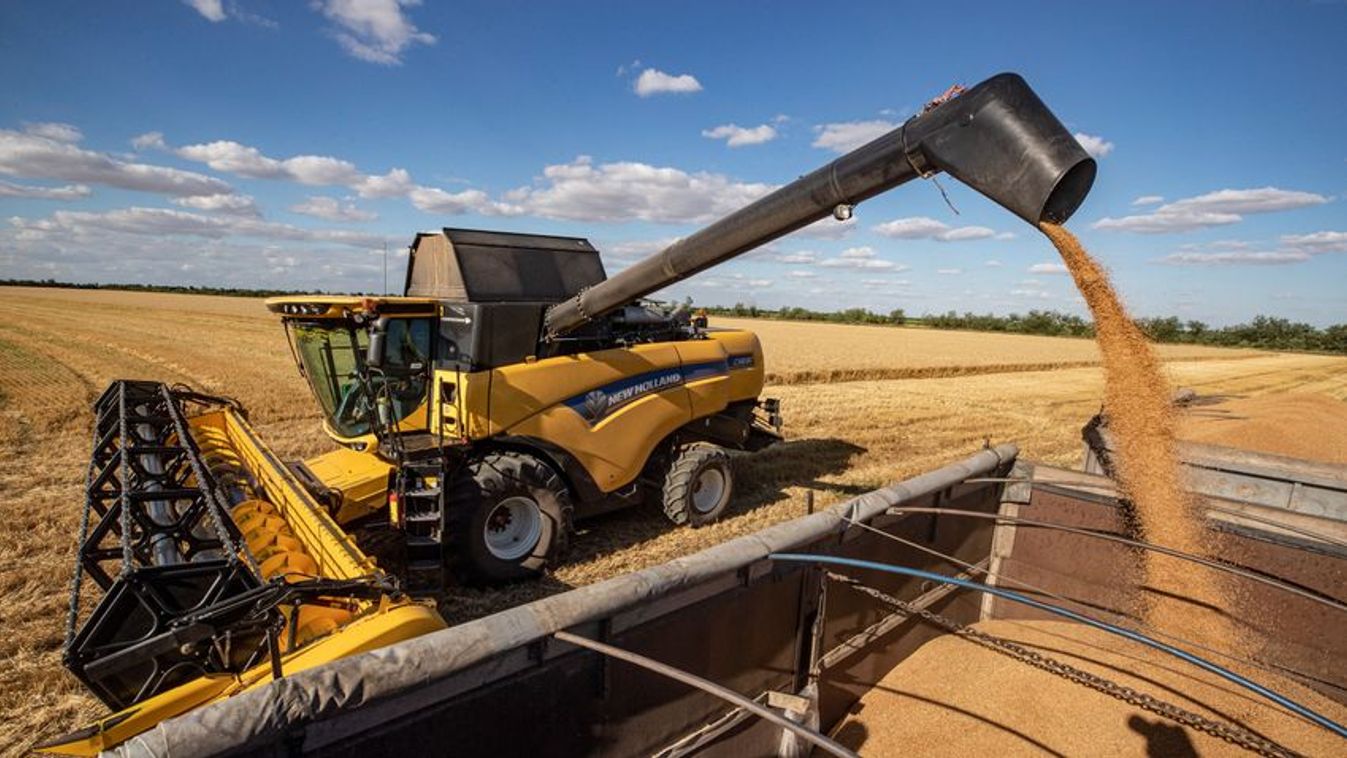
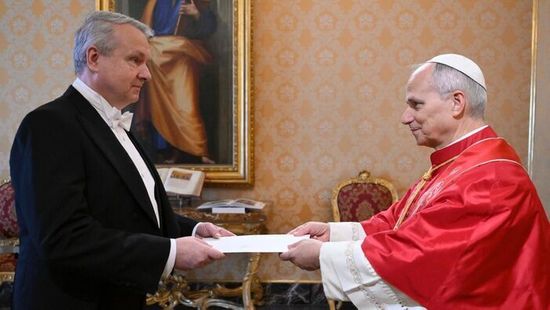
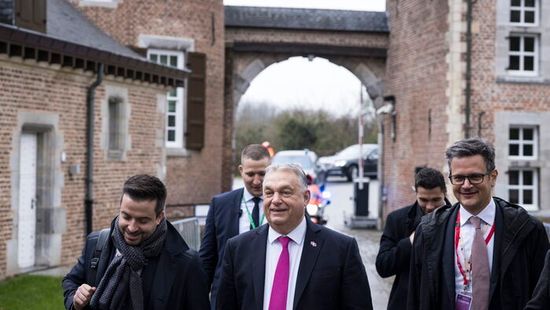
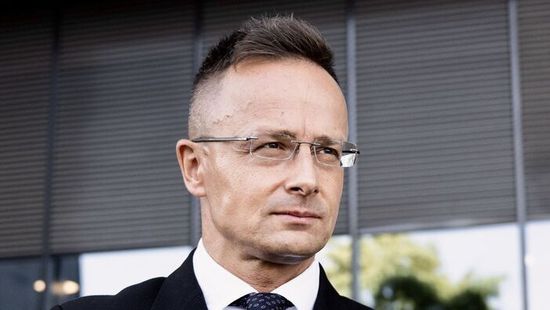
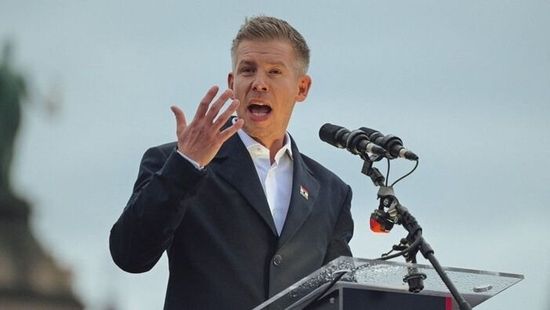

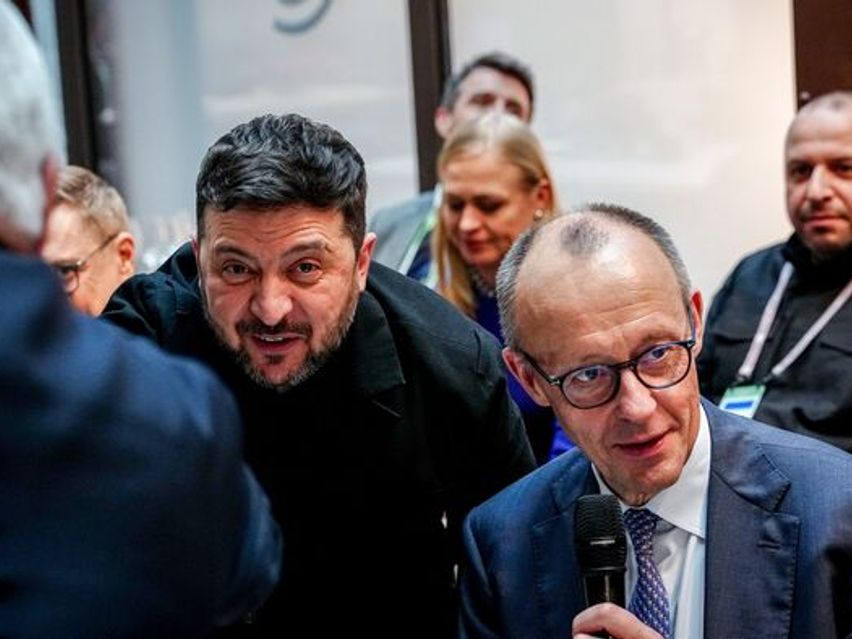
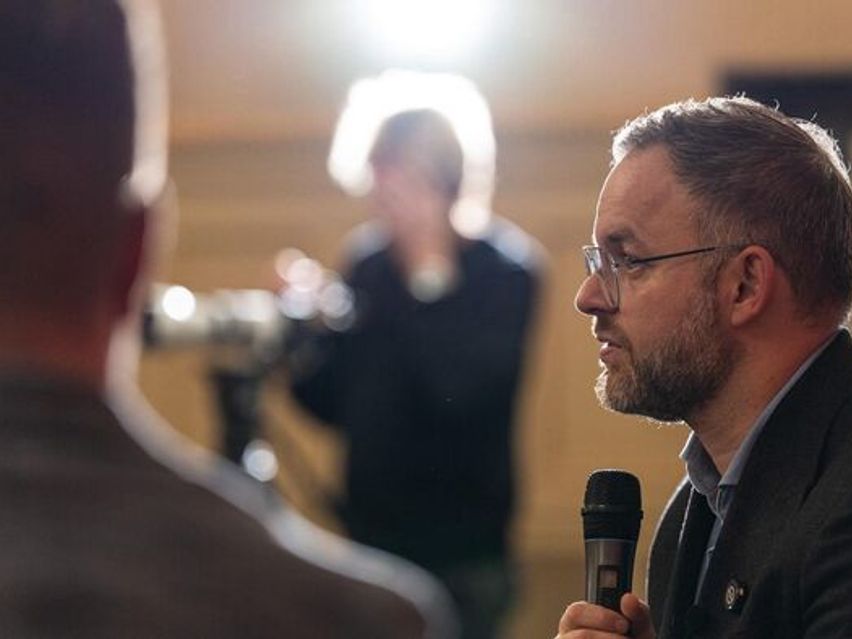
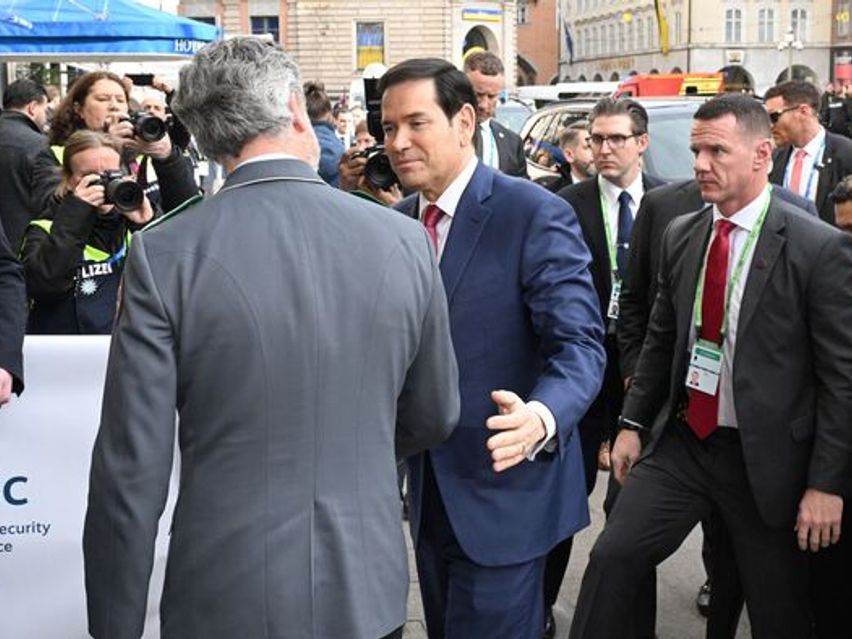
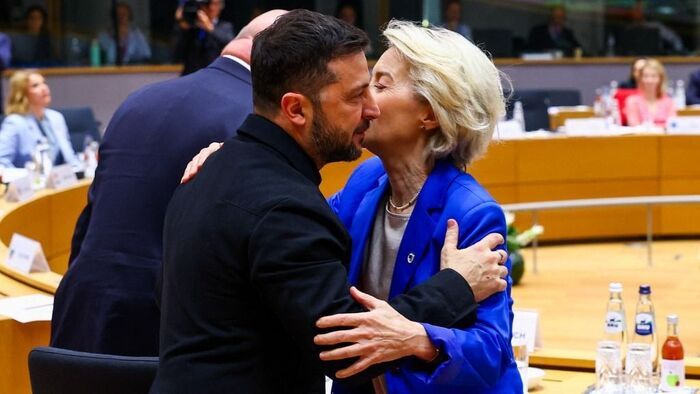

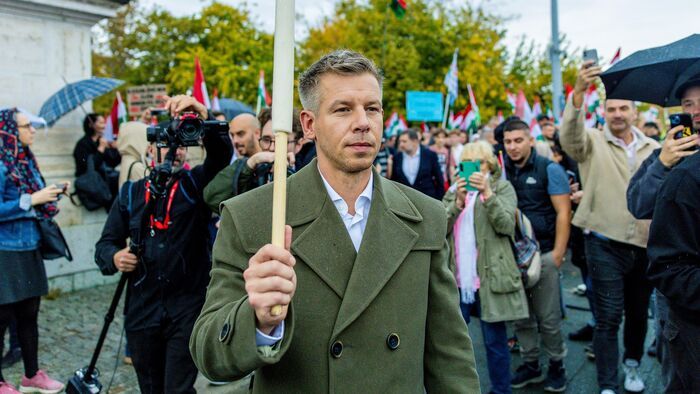
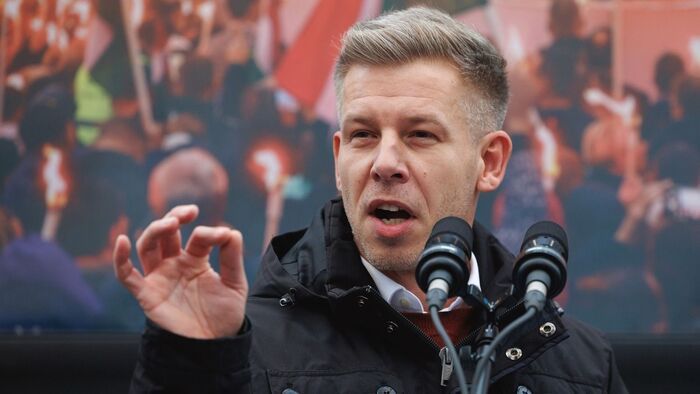
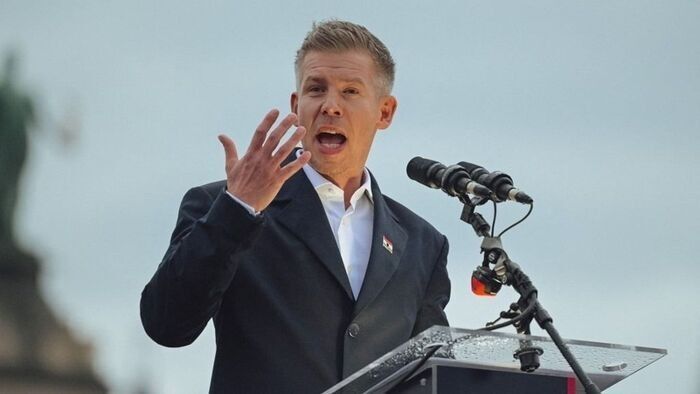

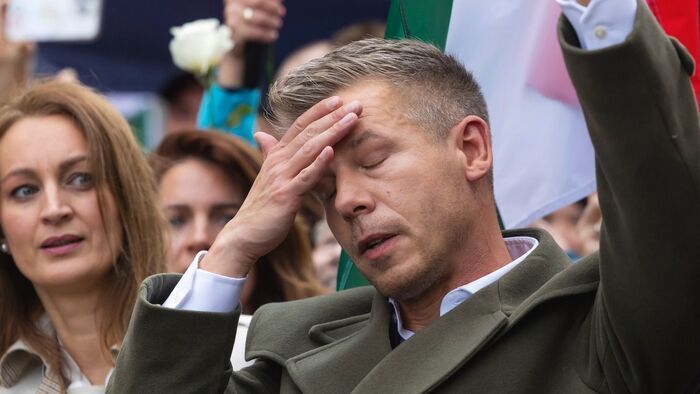
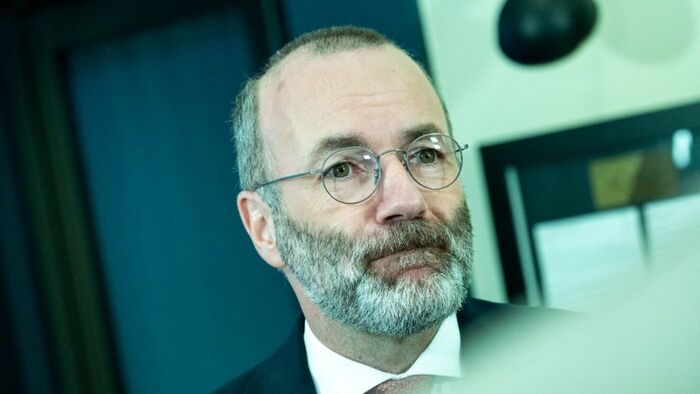



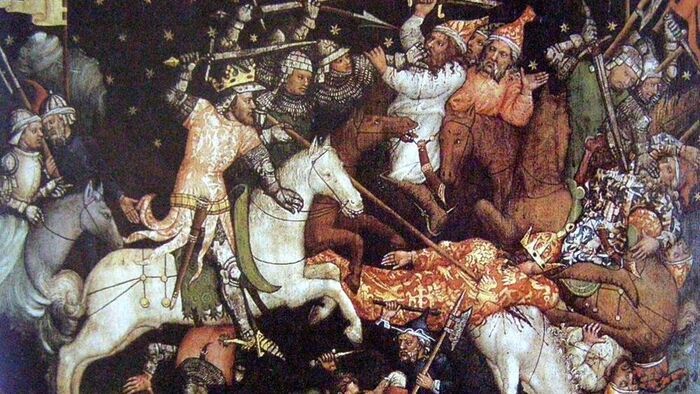
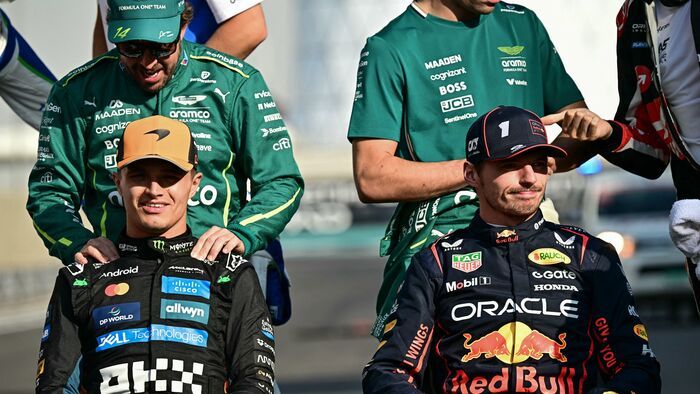

Szóljon hozzá!
Jelenleg csak a hozzászólások egy kis részét látja. Hozzászóláshoz és a további kommentek megtekintéséhez lépjen be, vagy regisztráljon!